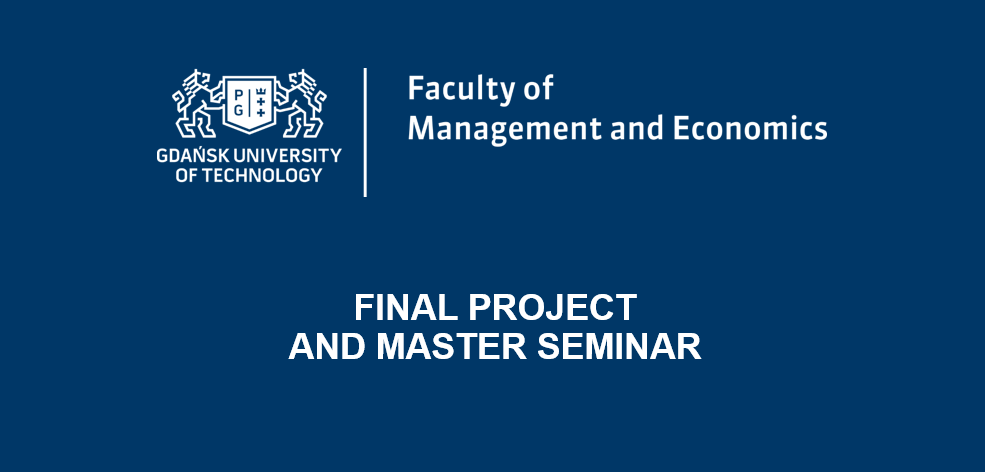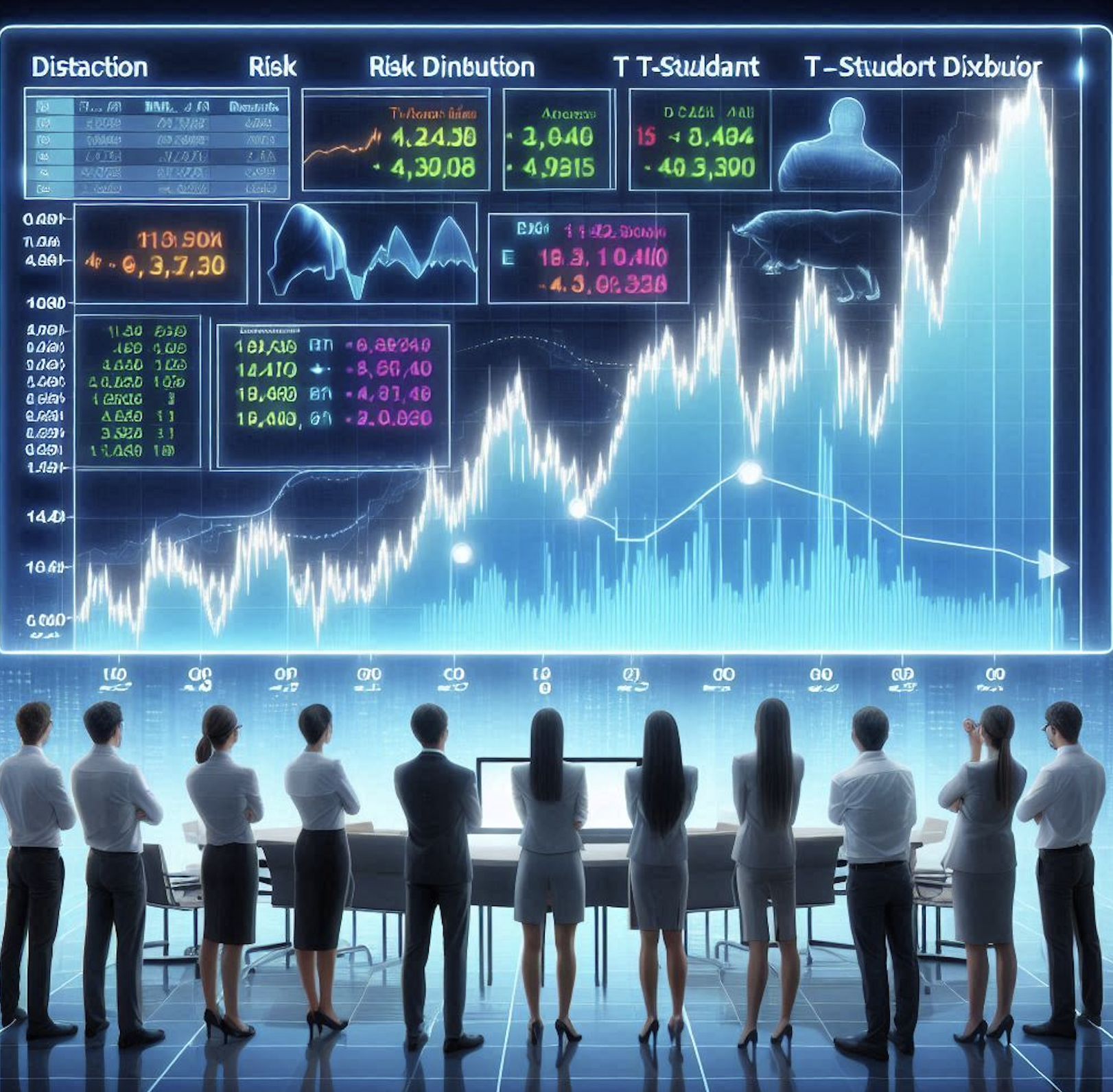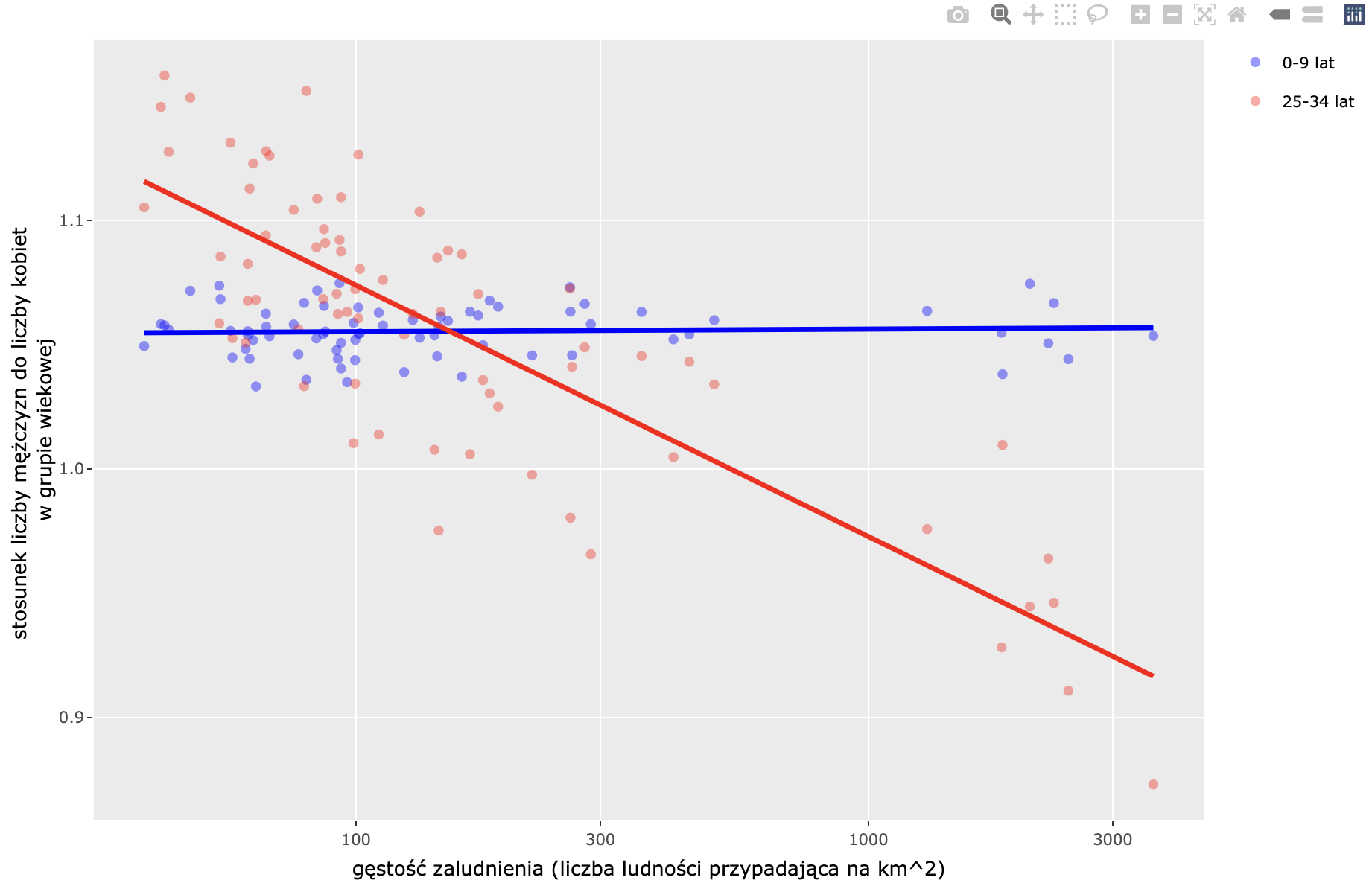
- Nauczyciel: Błażej Kochański
- Nauczyciel: Jarosław Krajewski
- Nauczyciel: Tomasz Korol
- Nauczyciel: Bruno Schivinski
- Nauczyciel: Samuele Lo Piano
- Nauczyciel: Aneta Sobiechowska
- Nauczyciel: Andrzej Geise
- Nauczyciel: Michał Pietrzak

- Nauczyciel: Błażej Kochański
Effectively uses in-depth knowledge of economic time series analysis methods, applying the results of analyzes to formulate forecasts.
Subject contents:
1. Classical time series analysis (trend, cyclical fluctuations)
2. Exponential smoothing models
3. Holt and Winters model
4. Stochastic processes and time series
5. Characteristics of stochastic processes
6. Process spectrum autocorrelation functions
7. Study of the stationarity of the time series
8. Autoregressive (AR) processes
9. Moving average (MA) processes
10. Mixed processes (ARMA)
11. Non-stationary mixed autoregression-moving average (ARIMA) processes
12. Identification and estimation of models of stochastic processes
13. Time series testing and forecasting
- Nauczyciel: Piotr Paradowski
- Nauczyciel: Krzysztof Zięba
- Nauczyciel: Jarosław Ziętarski
- Nauczyciel: Jakub Gużyński
- Nauczyciel: Karol Flisikowski
- Nauczyciel: Luciano Segreto
- Nauczyciel: Michał Pietrzak
- Nauczyciel: Marian Reiff
- Nauczyciel: Fabio Coriolano
- Nauczyciel: Fabio Coriolano
Explains the importance and interrelations between factors describing economic and social phenomena, based on microdata, selecting appropriate econometric tools allowing for their proper interpretation.
Subject contents:
1. Introduction to microeconometrics
2 Linear models
3. Blinder-Oaxaca decomposition
4. Models of qualitative binomial variables (logit, probit)
5. Models of polynomial variables (logit polynomial model, conditional logit model)
6. Tobit model and Heckman selection
7. Multilevel models
8. Proportional Hazard Model: Cox Model
- Nauczyciel: Piotr Paradowski
Effectively uses in-depth knowledge of economic time series analysis methods, applying the results of analyzes to formulate forecasts.
Subject contents:
1. Classical time series analysis (trend, cyclical fluctuations)
2. Exponential smoothing models
3. Holt and Winters model
4. Stochastic processes and time series
5. Characteristics of stochastic processes
6. Process spectrum autocorrelation functions
7. Study of the stationarity of the time series
8. Autoregressive (AR) processes
9. Moving average (MA) processes
10. Mixed processes (ARMA)
11. Non-stationary mixed autoregression-moving average (ARIMA) processes
12. Identification and estimation of models of stochastic processes
13. Time series testing and forecasting
- Nauczyciel: Piotr Paradowski

- Nauczyciel: Błażej Kochański
- Nauczyciel: Błażej Kochański
- Nauczyciel: Olgun Aydin
- Nauczyciel: Stanisław Kot
